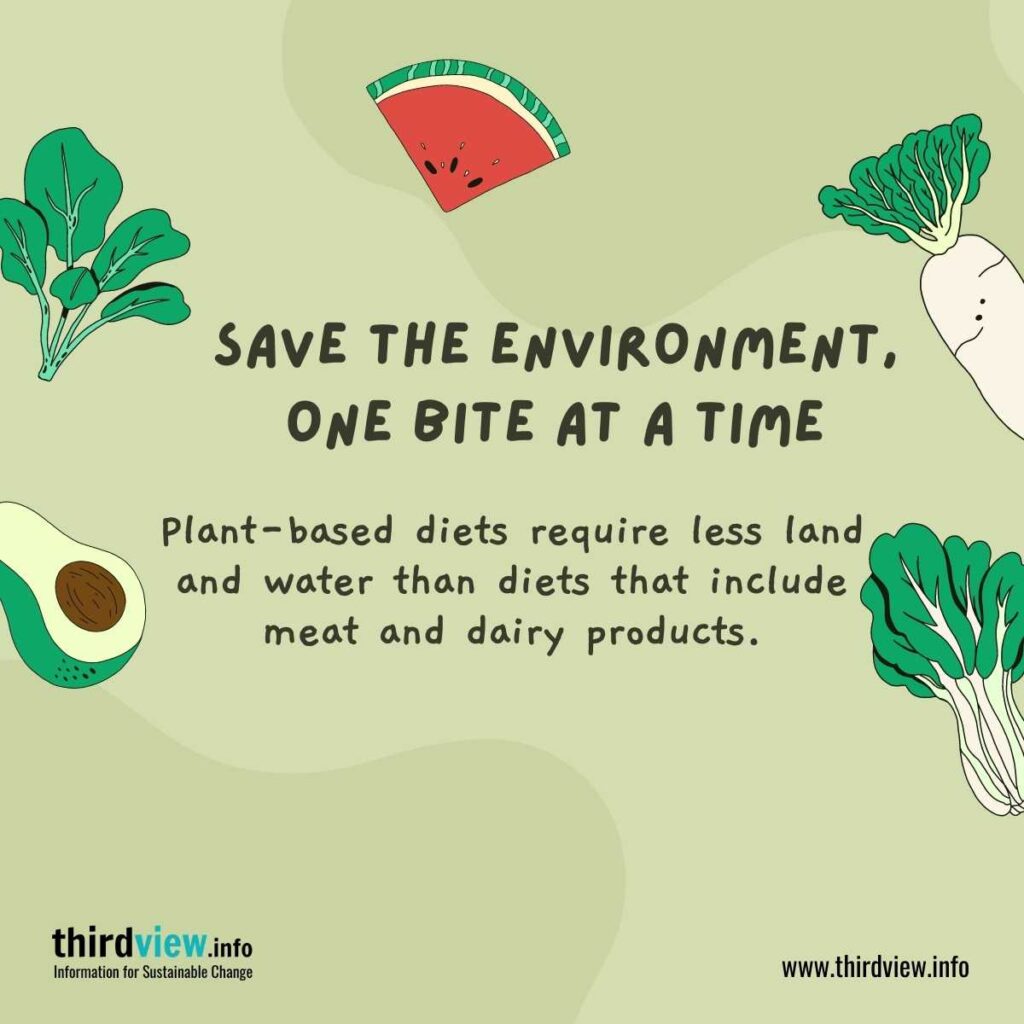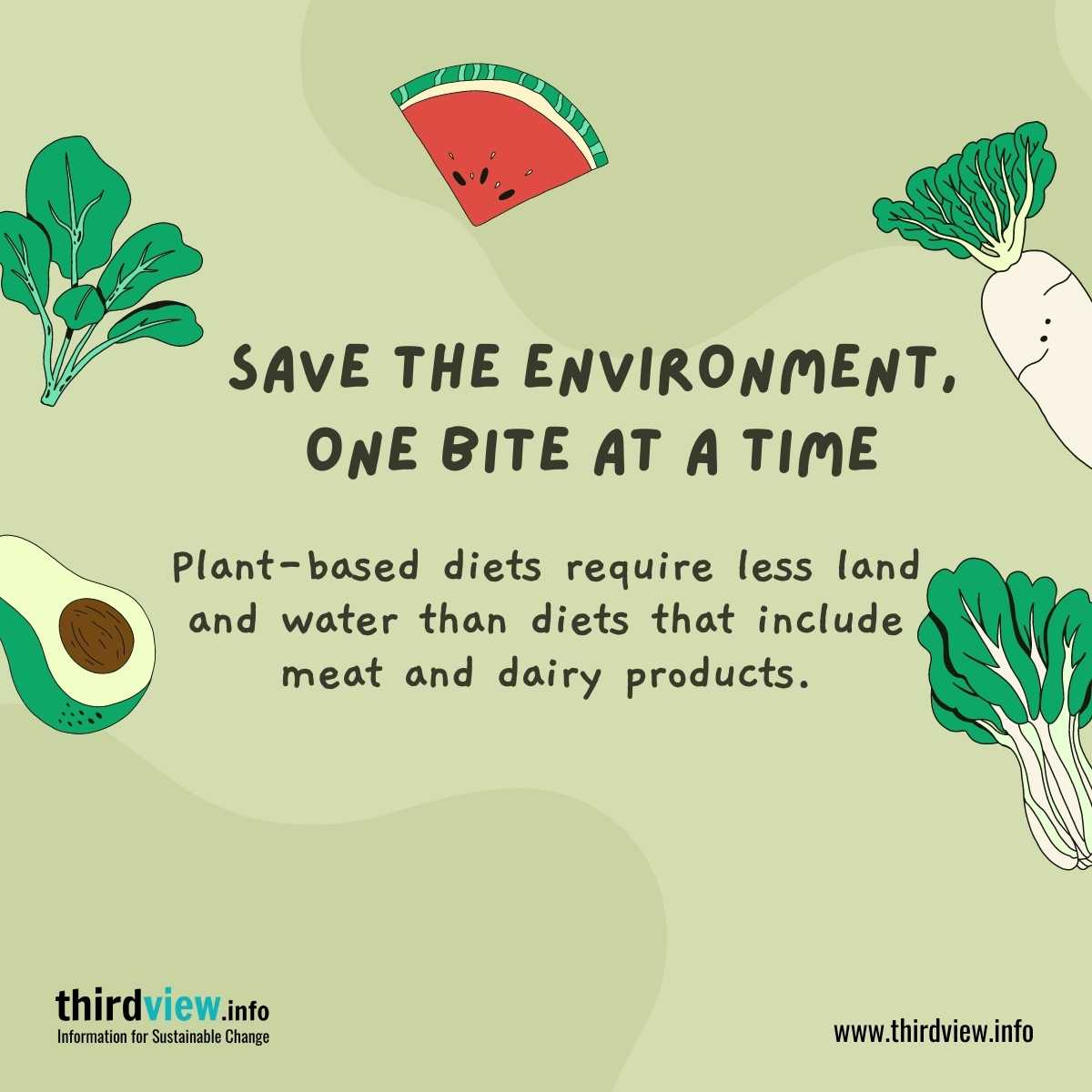Animal agriculture is one of the leading causes of environmental degradation around the world. It has been linked to climate change, water scarcity, deforestation, animal cruelty, and a number of other negative impacts on our planet. Fortunately, there are plant-based alternatives that can provide us with the same nutrients found in animal products without the same damage to our environment. Let’s explore why animal agriculture is so damaging to our environment and how plant-based alternatives could help us reduce its impact.
The Damage Done by Animal Agriculture
One of the most notable impacts of animal agriculture is its contribution to global greenhouse gas emissions. According to a report from Chatham House, animals raised for food account for 14.5% of all global emissions—more than all forms of transportation combined! This is largely due to the methane released by livestock as they digest their food. Methane traps more heat in our atmosphere than carbon dioxide does, making it an even bigger contributor to climate change than CO2. Additionally, animal agriculture requires large amounts of land for grazing or growing feed crops—often at the expense of natural habitats like rainforests or wetlands.
The Benefits of Plant-Based Alternatives
Fortunately, there are plant-based alternatives that can provide us with many essential nutrients while reducing our environmental footprint dramatically. Plant-based proteins like legumes and nuts have much lower greenhouse gas emissions associated with them than animal products do—and require far less land per calorie produced than meat or dairy products do. Additionally, vegan diets often contain more fibre and significantly fewer saturated fats than traditional diets do—which can lead to better health outcomes overall. Finally, many people find that a plant-based diet requires less water to produce than an omnivorous one does—another bonus when it comes to helping conserve resources!
That said, there are some potential drawbacks associated with relying too heavily on plant-based alternatives as well. For example, producing some types of plant proteins (like soybean) usually requires more fertilizer than producing other types of plant proteins (like wheat). This means there could be potential problems associated with soil erosion and water contamination if we don’t pay attention to these issues. Also, many processed vegan foods contain palm oil—a product that often creates significant deforestation when it’s farmed improperly.
In conclusion, animal agriculture has had a devastating effect on our environment due to its high levels of greenhouse gas emissions and land usage requirements. Fortunately, there are sustainable alternatives available in the form of plant-based proteins that are just as nutritious as meat but much better for the environment. Ultimately, eating a more balanced diet comprised mostly of whole foods is likely our best bet when it comes to reducing the environmental impacts associated with food production and consumption. Eating fewer animal products while also being mindful about how our plant proteins are produced can go a long way towards minimizing the damage done by agricultural processes worldwide. By making conscious decisions about what we eat on a daily basis, we can each play a part in preserving our planet for future generations.


